US Lawmakers Propose New Framework to Ease Remote Sales Tax Burdens for Small Businesses

The effects of the 2018 Supreme Court ruling in South Dakota vs. Wayfair are one of the main topics, if not the main, regarding sales tax compliance in the US. The decision paved the way for an entirely new set of rules and regulations, imposing additional obligations on remote sellers without physical presence to collect and remit sales taxes out-of-state transactions.
Six years later, many consequences and questions remain related to implementing said rules. The most relevant is how this decision affects small taxpayers and what needs to change to make life easier.
To simplify remote sales tax collection for small taxpayers and protect them from additional costs and administrative burdens, US Senator Maggie Hassan released a Lowering Costs for Small Business Act—Discussion Framework (Discussion Framework).
Proposed Framework and Their Impact
In the Discussion Framework, Senator Hassan proposed a small remote seller exemption from collecting sales and other local taxes if their total annual sales are less than USD 10 million. The Senator also advocates banning retroactive sales tax collection for a period before the Wayfair Decision.
To help small remote sellers more effectively comply with state and local tax laws, the Discussion Framework further enables free compliance services like free software for calculating and filing sales and using tax returns.
The Discussion Framework also contains specific prohibitions for state and local governments, such as prohibiting imposing an obligation on remote sellers to collect sales tax unless simplification measures for small businesses are in place.
As an example of such measures, the Discussion Framework highlights that 24 states are members of the Streamlined Sales Tax Agreement, which eases the sales tax collection and remittance process for small businesses. However, further steps are needed to reduce administrative burdens, including introducing a centralized filing portal and defining one tax rate per zip code.
For States not part of the Streamlined Sales Tax Agreement, the Discussion Framework provides additional instructions on reducing pressure from small taxpayers involved in out-of-state transactions.
Conclusion
Ever since the 2018 Wayfair Decision was published, concerns about its effects on all remote sellers, especially the small ones, have been loud. Now, with six years of imposition of rules covering remote sellers, it is clear that the burden is too significant and that becoming and staying tax-compliant is more challenging.
This is especially true considering that the US states constantly change their views and laws on remote sales, such as what is taxable and what is not and when sales tax must be collected and paid.
Therefore, it will be interesting to see what further steps federal lawmakers take to simplify this complex situation.
Source: Deloitte, Lowering Costs for Small Business Act – Discussion Framework

More News from Americas
Get real-time updates and developments from around the world, keeping you informed and prepared.

South Carolina Sales and Use Tax: Rates, Nexus, Exemptions

Arkansas Sales and Use Tax: Rules, Rates & Nexus Explained

Minnesota Sales and Use Tax Guide: Rates, Nexus & Exemptions

Peru VAT Rules for Non-Resident Digital Services: Filing & Compliance

Detroit to Accept Cryptocurrency Payments for Taxes in 2025

-e9lcpxl5nq.webp)








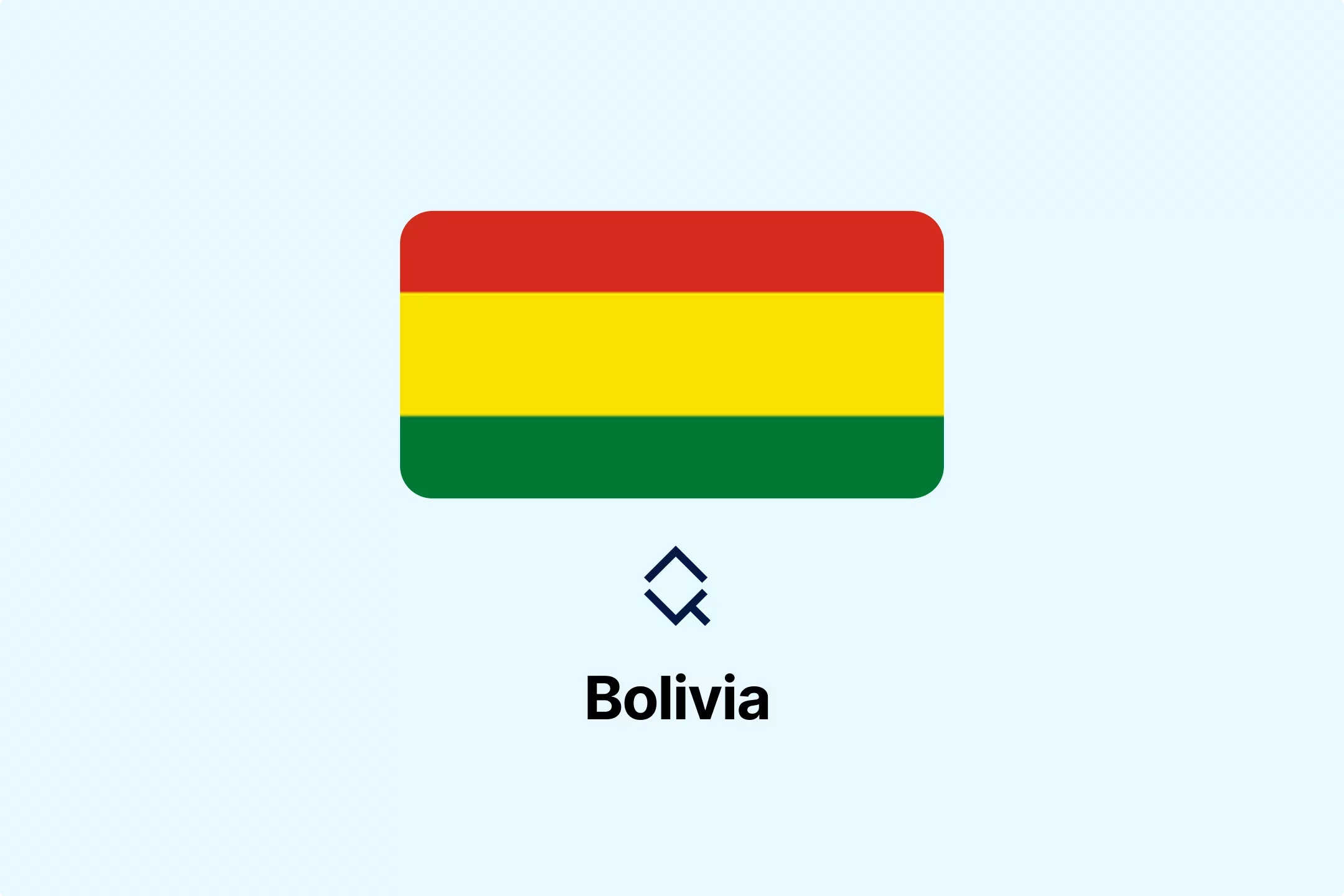

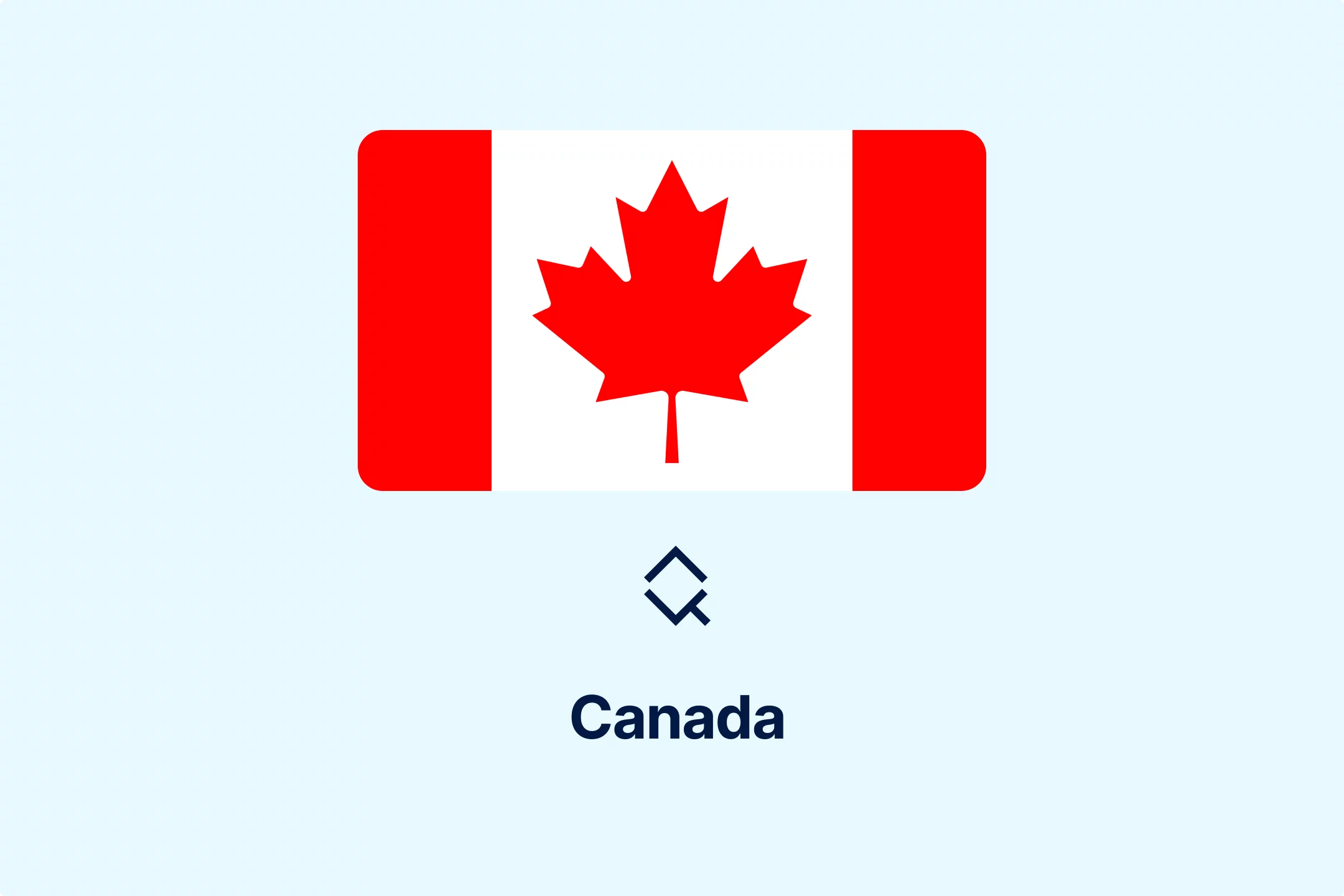





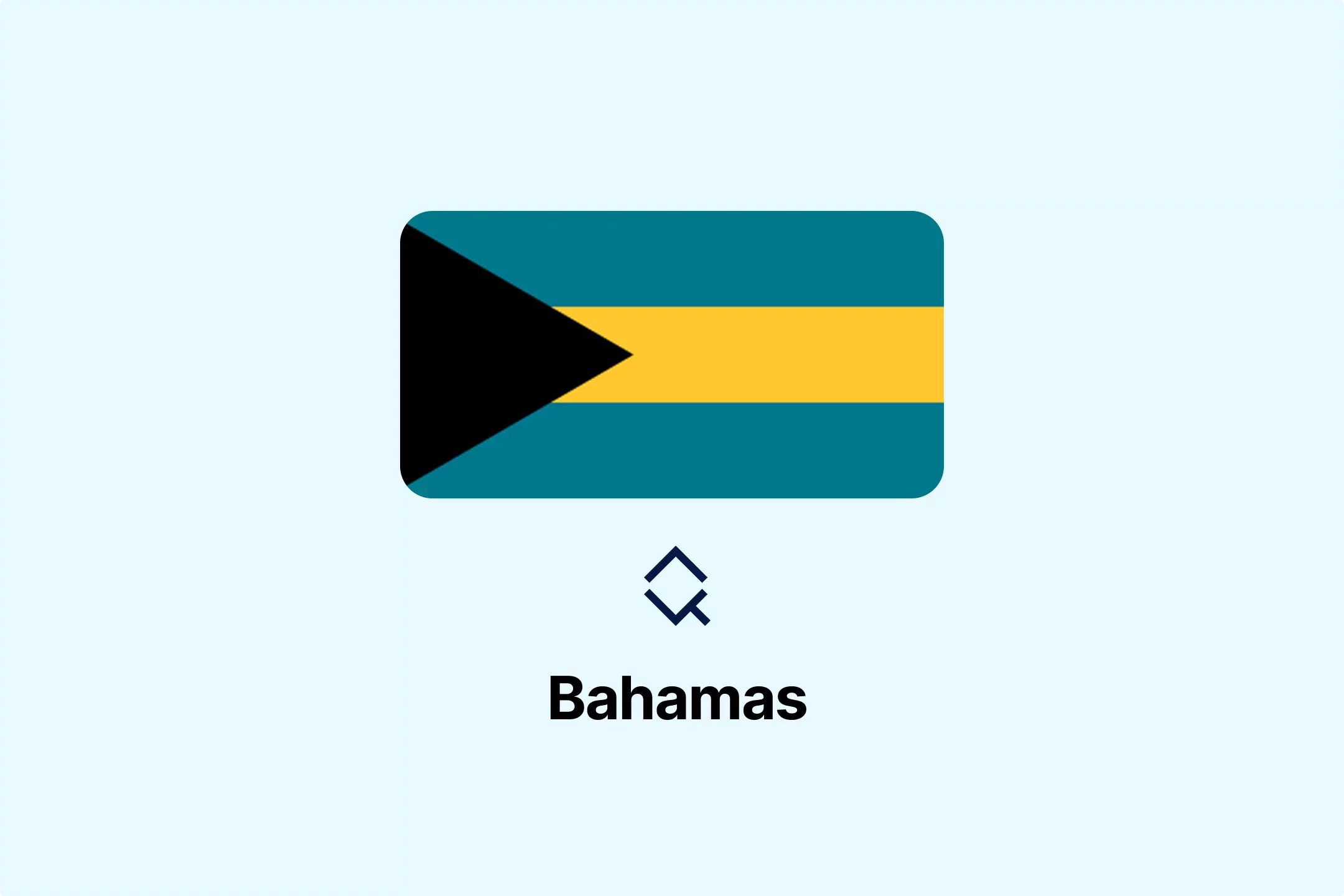



-qoqtiao7l2.webp)
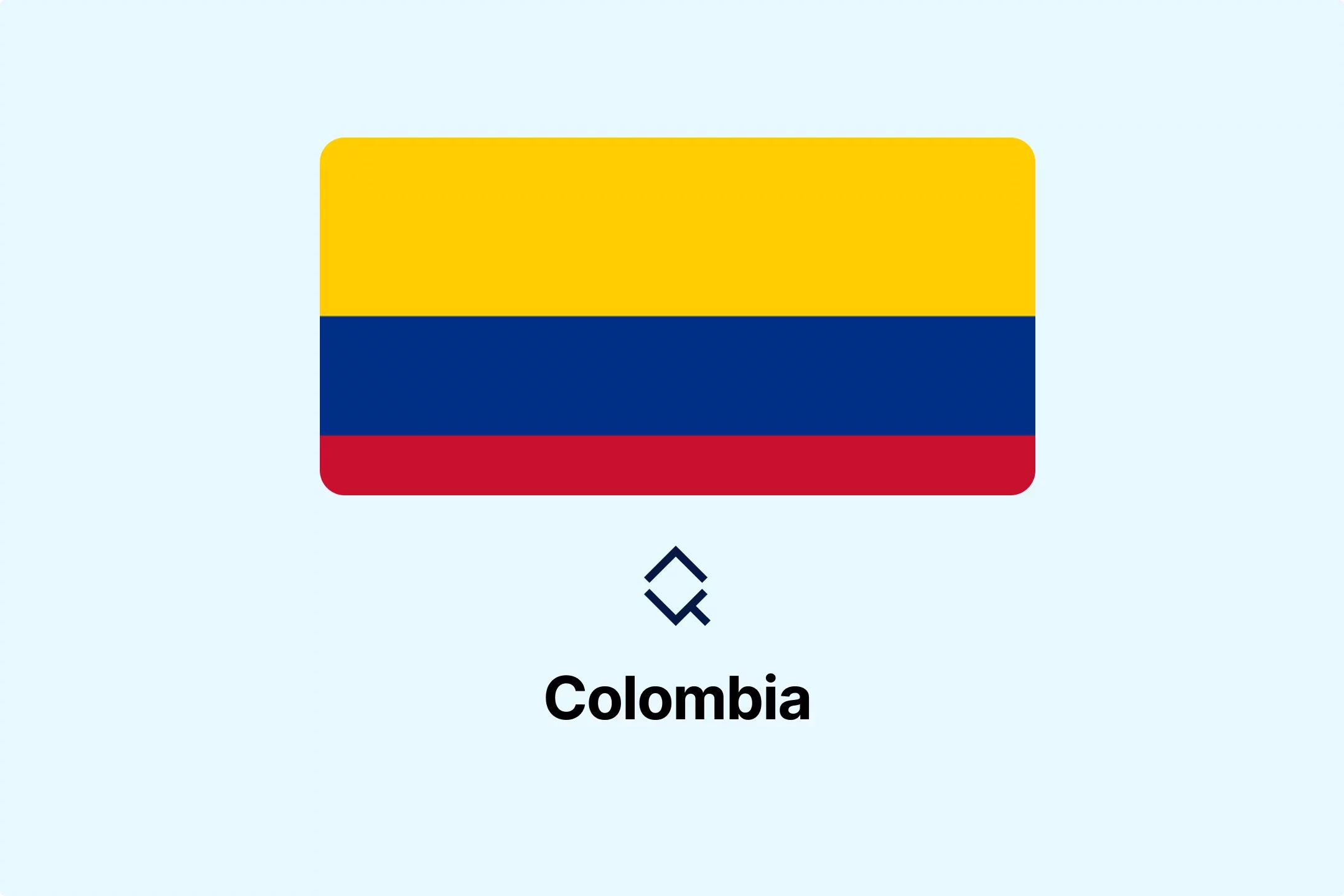
-pdupgqz2r8.webp)
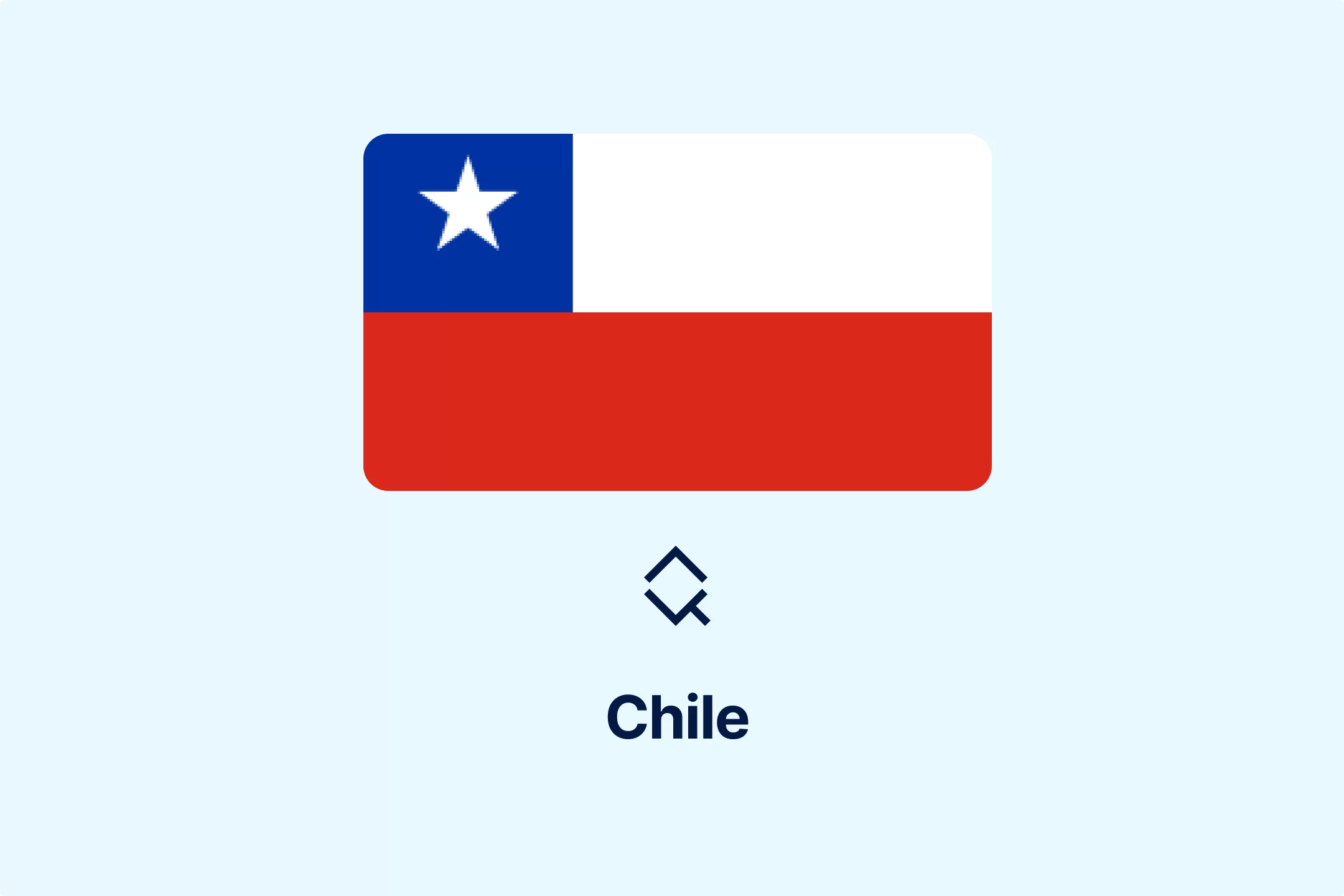





-o0xyg5unvs.webp)

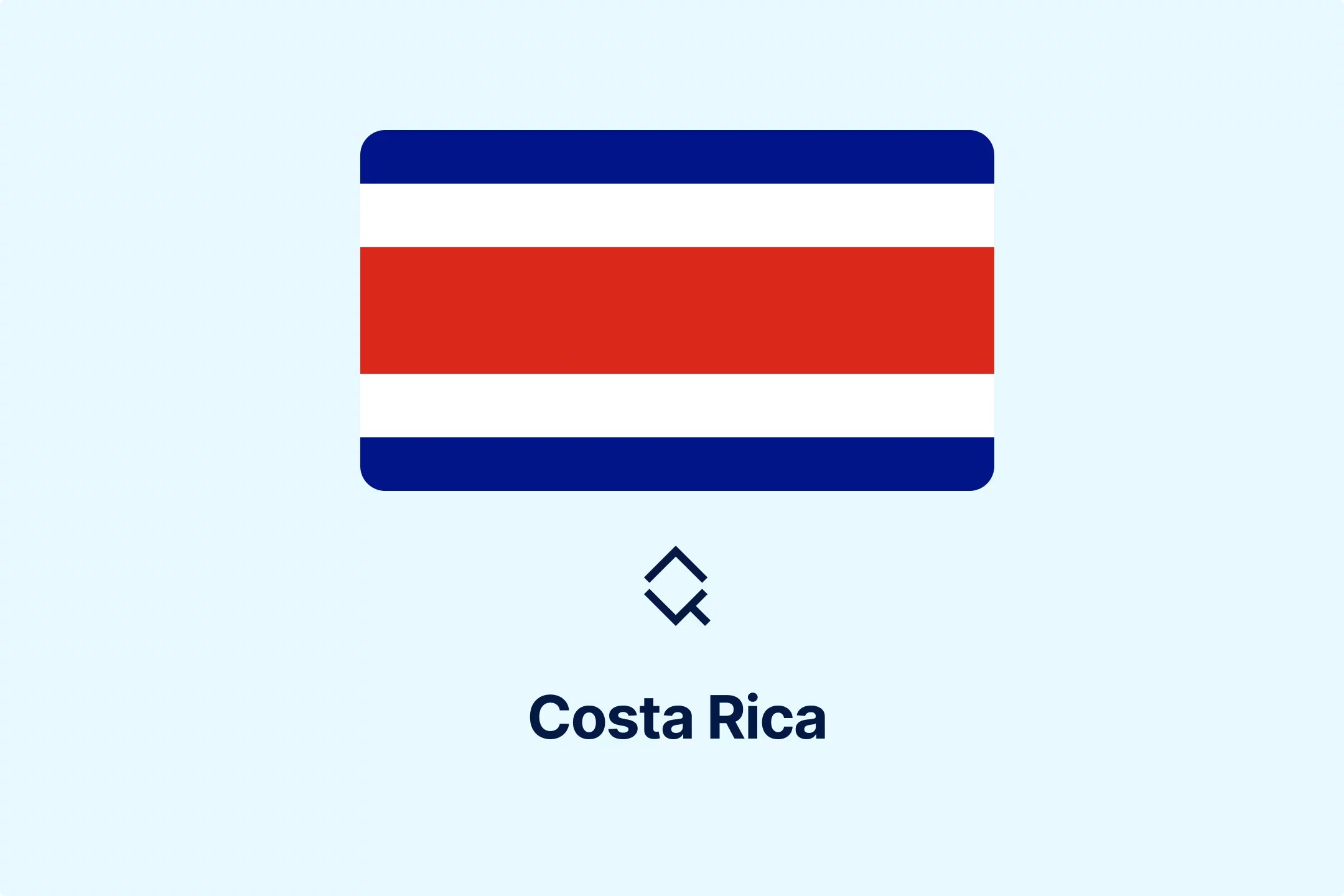
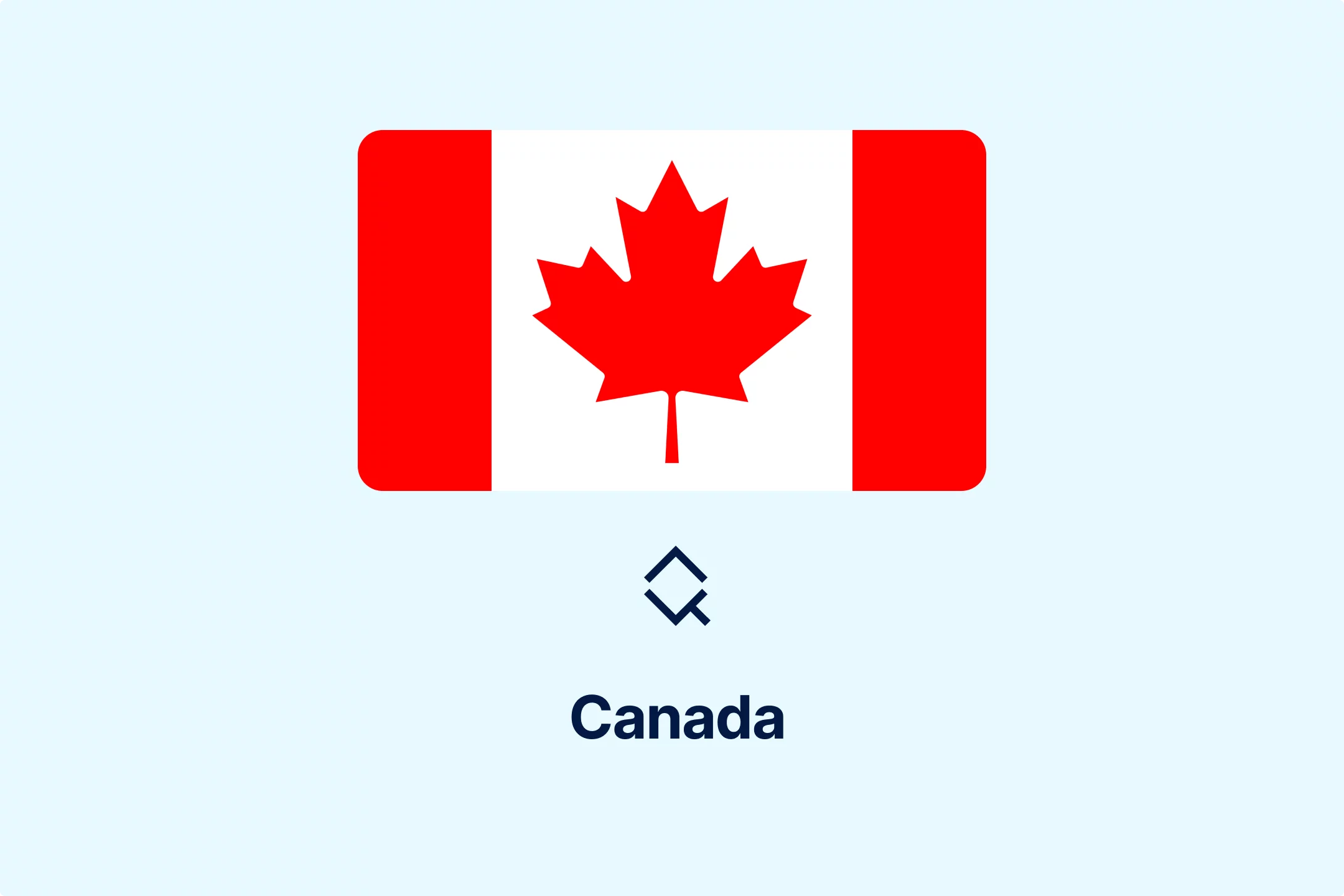
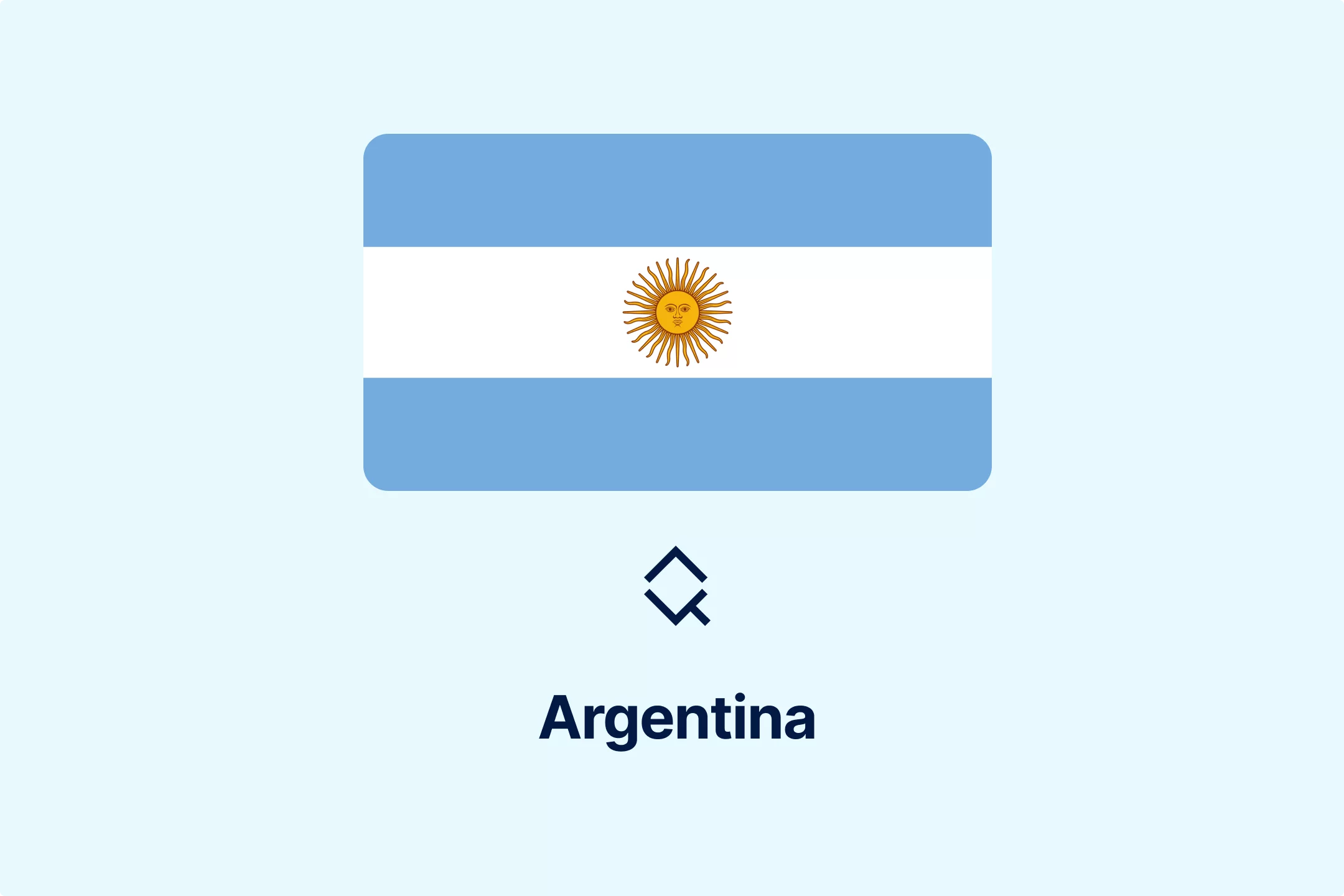



-sebuexzucq.webp)







-sug7vykj81.webp)






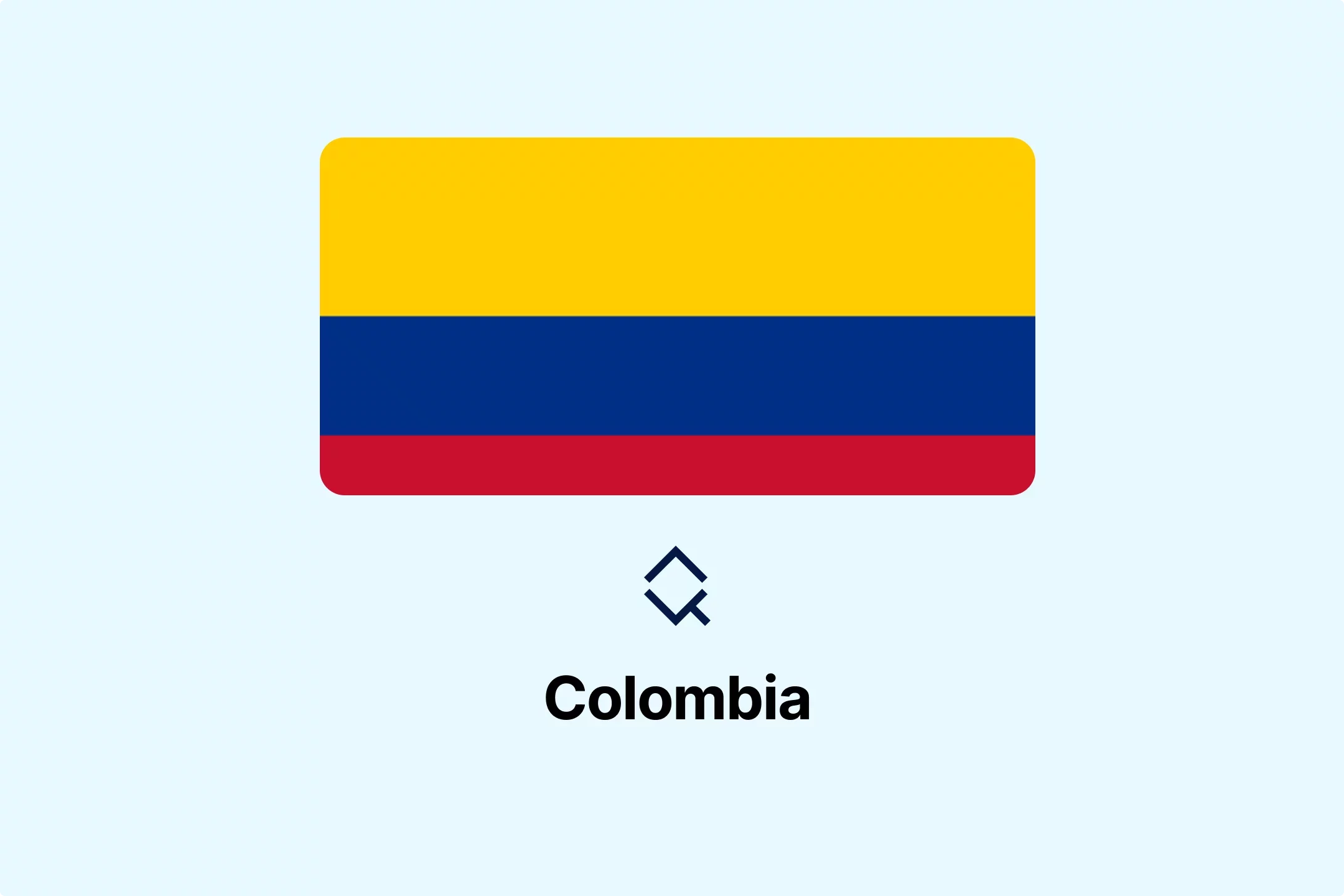
-gsvc6ack9u.webp)

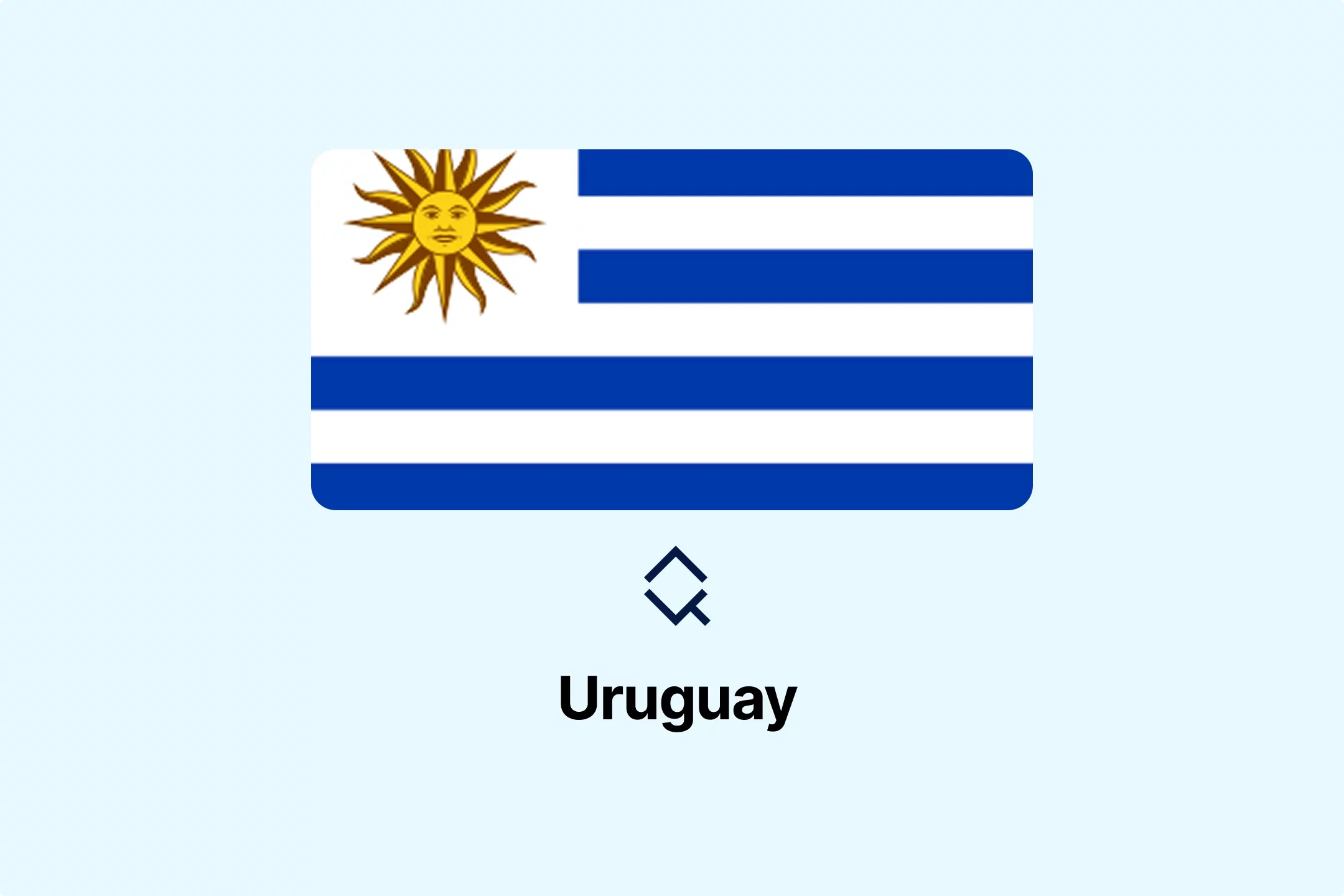





-xsarn0aogt.webp)

-hcel6azmgf.webp)



-p6e3ovhdh3.webp)


-fbovkq9h8b.webp)
-pofe7ucwz3.webp)


-d3qhimei1d.webp)




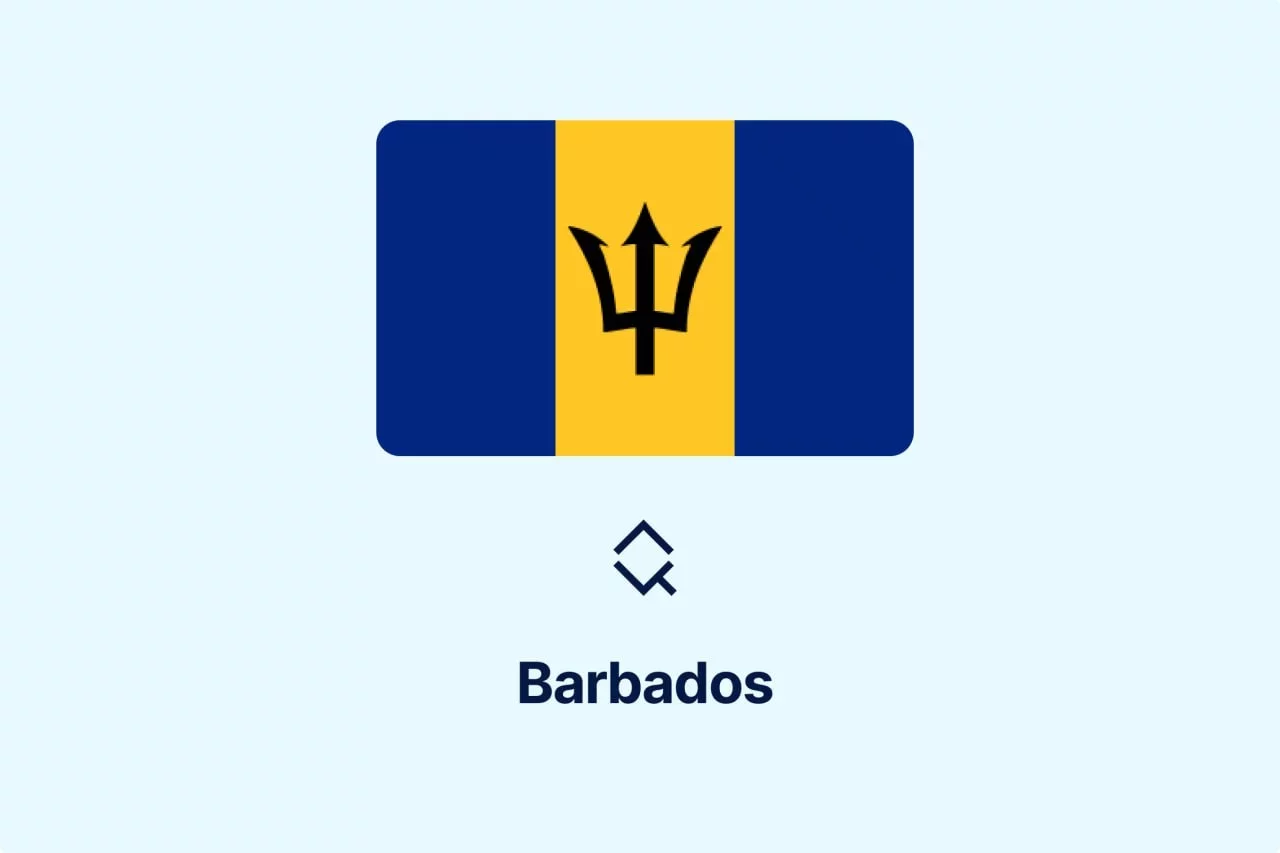

-nilkffjhah.webp)
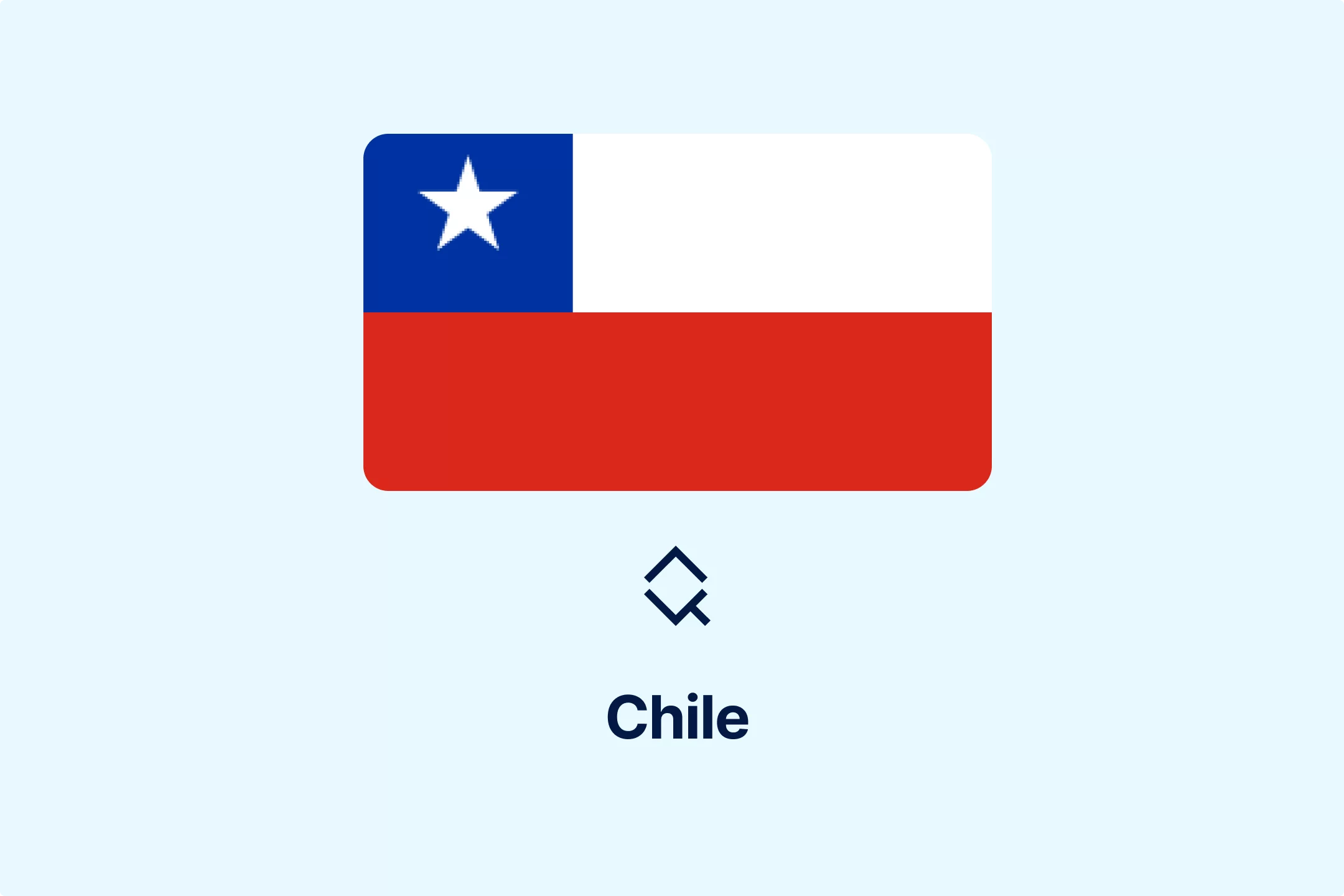











-xbhr0m4jsb.webp)


-ae6fi6cjox.webp)
















-b0fpsws1w1.webp)






















-x78wuofpzj.webp)



















-b44f1vjl1i.webp)



-priw8nq5xc.webp)
-8bkw2pujxu.webp)


.png)
.png)




.png)













































